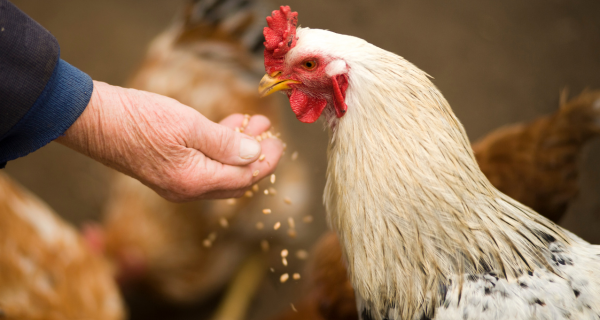
Information provided by John Cropper BVSc for The Pet Directory

Swill Feeding is the feeding of food scraps to animals containing animal or vegetable matter.
These include restaurant and food processing by-products. This is illegal in Australia because of the serious risk of introducing diseases that are not present here. While swill must not be fed to livestock, including pigs, poultry or ruminants, dogs and cats are not considered livestock.
Viruses causing diseases can be found even in small amounts of meat or dairy product and if included in swill and fed to pigs, poultry or ruminants, could establish an exotic (or foreign) disease in our livestock. Once a disease agent is introduced in this way it could rapidly spread amongst different types of livestock. If an exotic disease is detected in Australia, then countries importing our livestock products will probably close their markets and ban our product. Regaining markets is then a difficult and long-term process. Running a few pigs or poultry and using swill as a cheap source of stock feed, is an illegal and dangerous practice that puts our national agricultural industries at risk.
Swill feeding has been implicated in overseas outbreaks of disease, including the 2001 outbreak of Foot and Mouth Disease in the United Kingdom and the earlier outbreak in South Africa. Many viruses are highly resistant to chilling, freezing and curing. Experience has shown that even boiling swill may not destroy all disease organisms. The surest approach, therefore, to protect our livestock, is for the practice to be banned.
Australia has strict quarantine laws to prevent serious disease agents from entering the country. Quarantine inspections provide a first barrier to the introduction of exotic disease through the detection of potentially infected foodstuffs. However, there remains a risk that some prohibited material may pass through undetected. If a disease-causing agent did pass through this barrier in foodstuffs, there is a risk that this foodstuff could be discarded and find its way into swill. Feeding swill gives the disease-causing agent direct access to susceptible animals.
The Queensland Swill Feeding Regulations provide a vital second line of defense. Stock Inspectors from DPI&F Biosecurity investigate all reports or suspicions of swill feeding promptly to check if any disease has been introduced and to make sure this risk of introducing exotic diseases is removed.
What to feed, what not to feed
Milk and milk products of Australian origin and processed in Australia (e.g. calf milk powder) or any legally imported dairy product may be fed to livestock. It is also permissible to feed rendered animal fat and gelatin produced by licensed renderers to animals. Grain, bread and vegetable waste from bakeries and markets may be fed to livestock provided they have not come into contact with animal matter or animal-contaminated matter at any time. Even vegetable oils that have been used to cook meats could harbour viruses in food particles and are regarded under the law as animal matter. However, such cooking oils may be fed to livestock if the oil is filtered to remove all free particles of solid matter from the oil and heat treated to a temperature of at least 70oC for at least 20 minutes.

Feeding swill to stock or possessing swill for the purpose of feeding it to stock is illegal. Food or food scraps containing or contaminated by animal matter from any source, such as leftovers from restaurants, hospitals, supermarkets and domestic households, must not be fed to any livestock. That means that a business owner who permits another person to collect food wastes containing or contaminated by animal matter from their business for feeding to animals could be prosecuted. Also, animal carcasses or meat, including that from kangaroos, must not be fed. Vegetables and vegetable matter served on the same plate as meat or discarded into the same containers as animal matter are considered to be contaminated materials and should not be fed to livestock. All commercially prepared meals of animal origin i.e. blood meal, meat and bone meal, meat meal, bone meal, fish meal and poultry meal cannot be fed to ruminants (cattle sheep goats etc). However, it is permissible to feed these meals to non-ruminants e.g. pigs, poultry.
A person must take reasonable precautions to prevent animals from having access to swill materials. Discarding contaminated food waste into the environment where stock, including feral stock such as pigs, can feed on it is prohibited. Disposal into waste bins or securely fenced dumps or compost heaps are appropriate ways of dealing with food wastes contaminated by animal matter.
People who suspect that livestock are being fed swill are asked to report their concerns to either the DPI&F Business Centre on 13 25 23, or any DPI&F Biosecurity Officer. Alternatively, they can phone the Disease Watch Hotline 24 hours per day on 1800 675 888. Such reports can be treated confidentially.


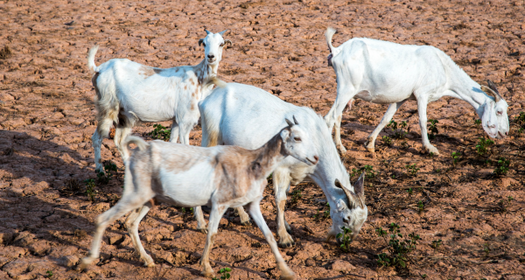
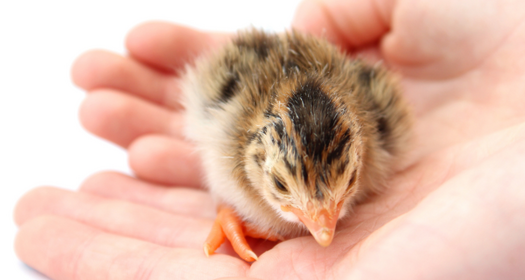
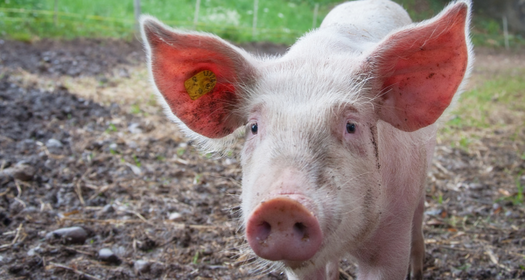
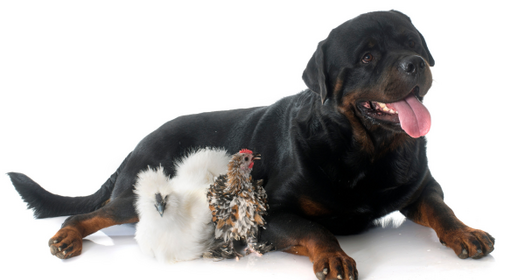
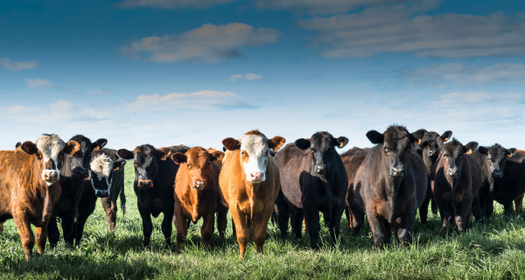



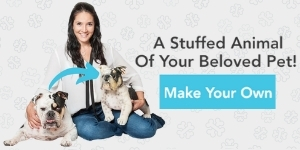
Leave Comment Below